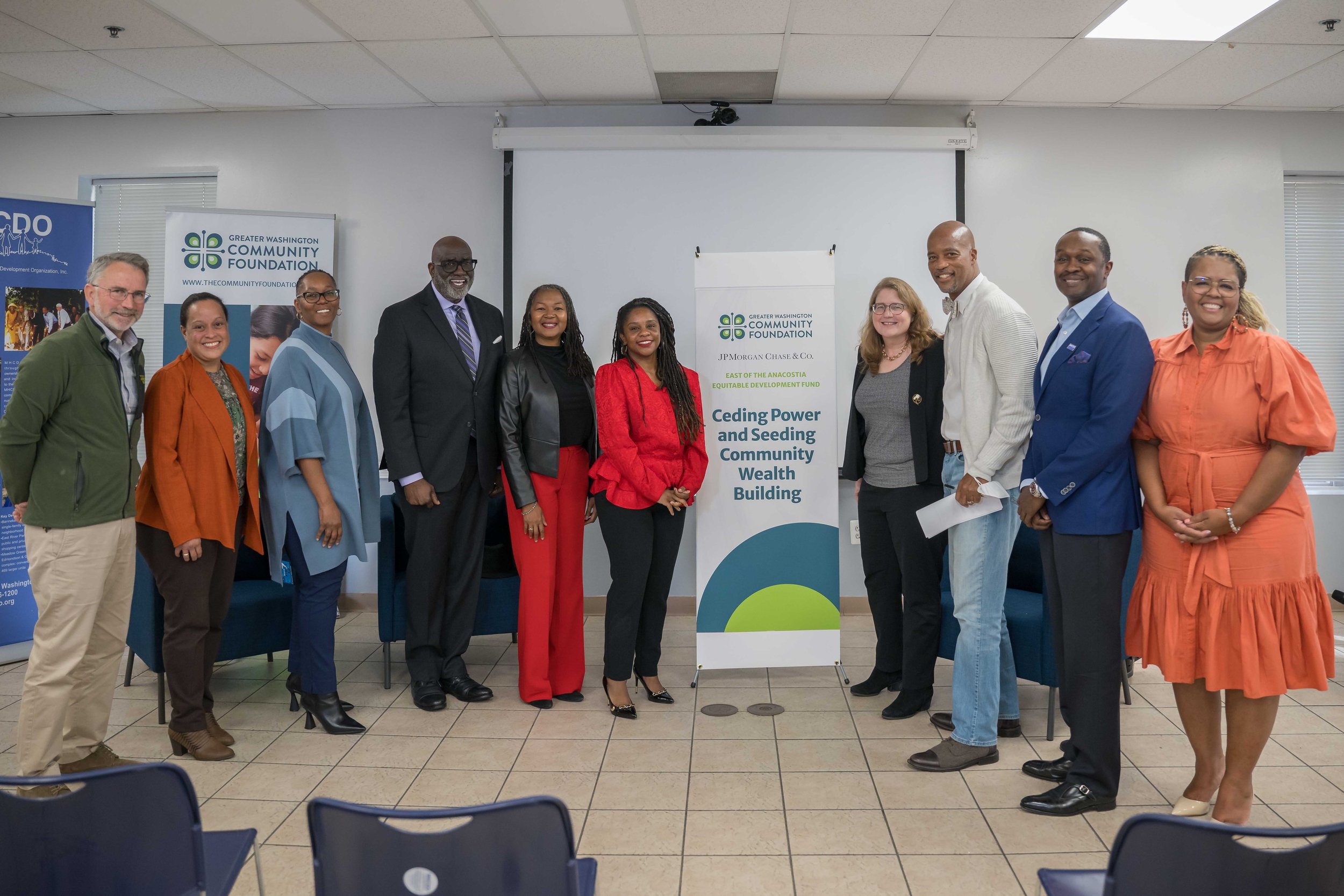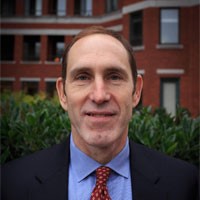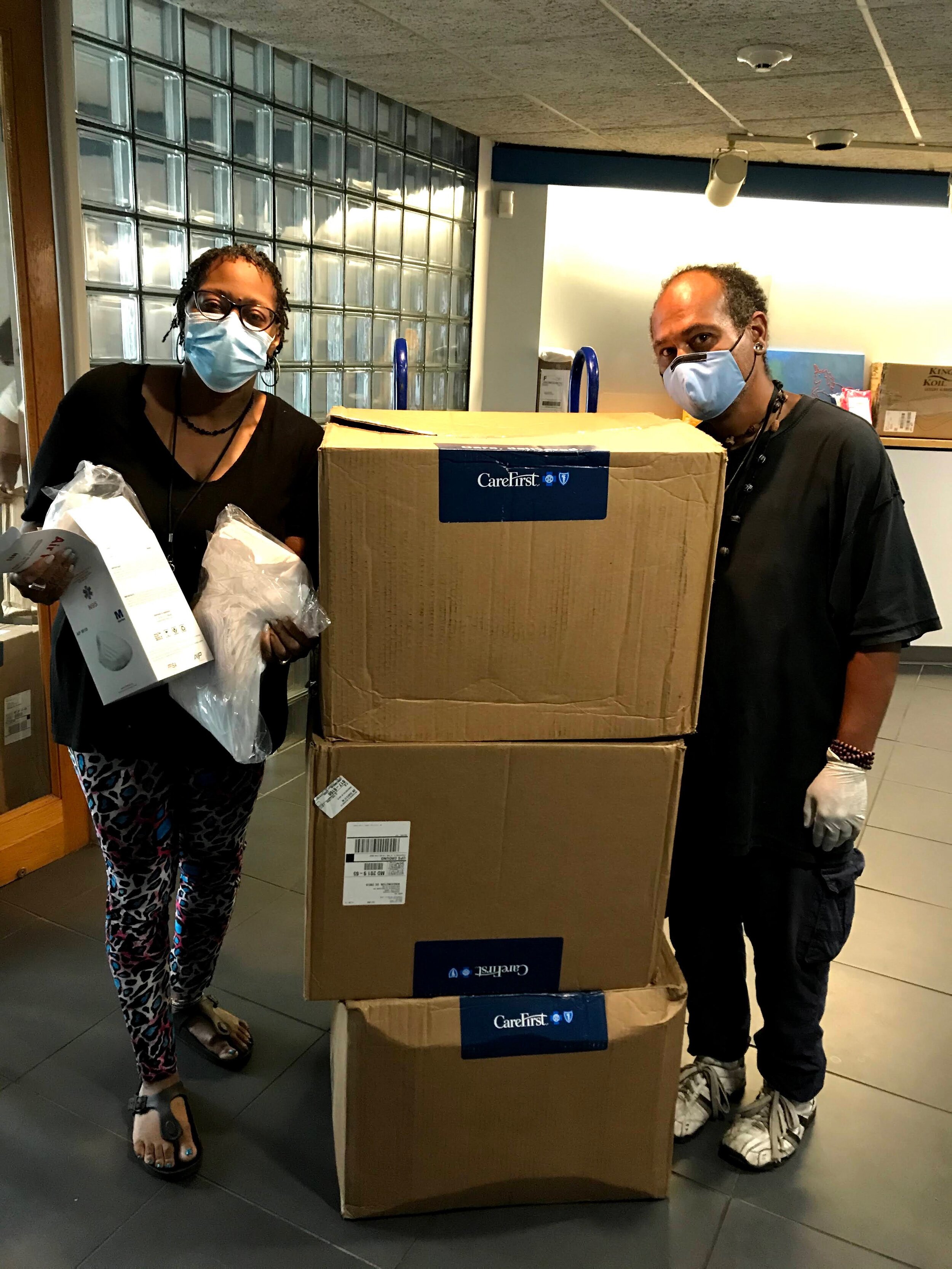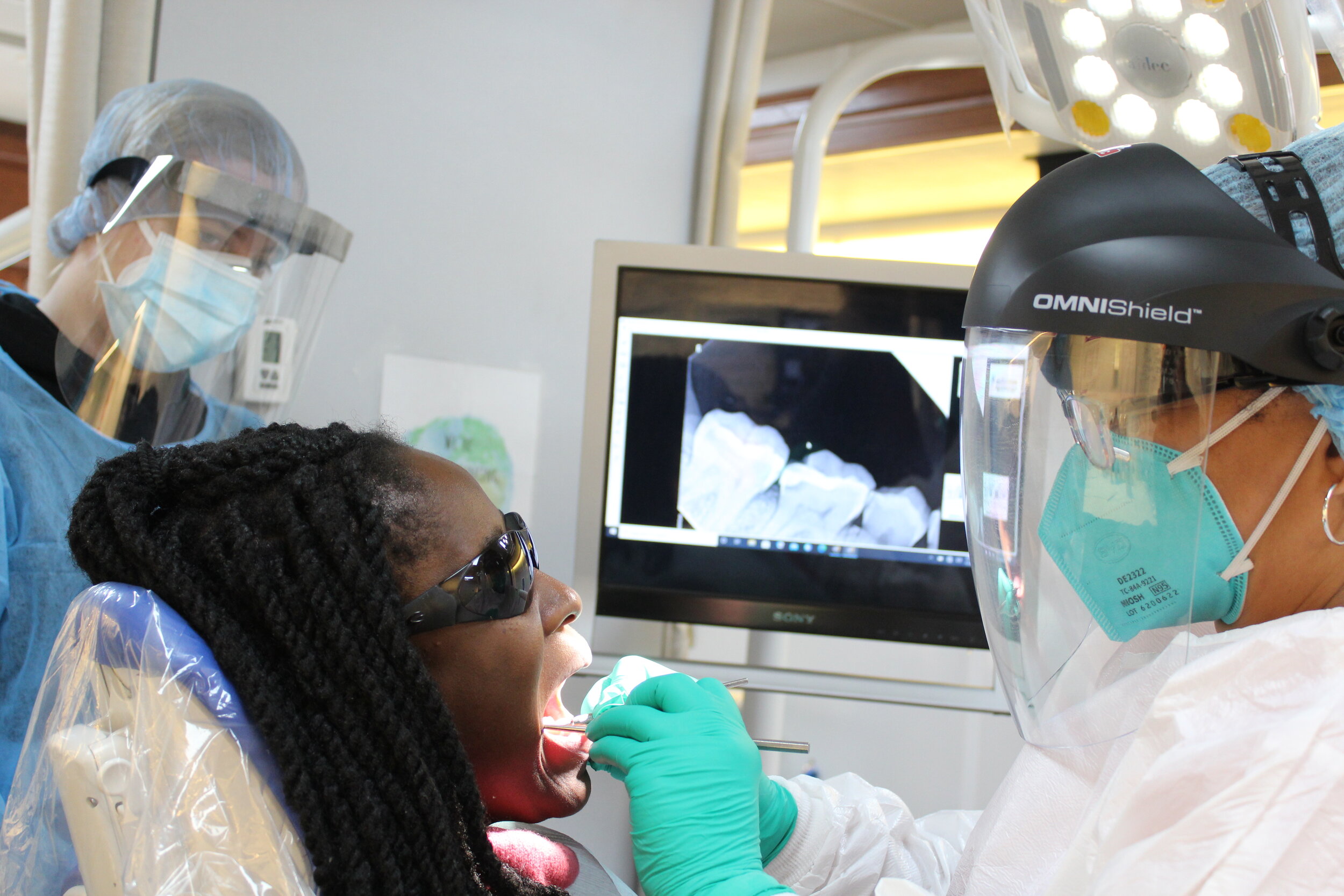Eligible Small Businesses Along Blue and Purple Line Corridors Can Apply for Grants up to $20,000
The Greater Washington Community Foundation announced the launch of the Prince George’s County Small Business Support Program made possible through $500,000 in funding from the PNC Foundation to support small business infrastructure and development in Prince George’s County.
Managed by The Community Foundation, the program will provide grants and technical assistance to small businesses operating along the Blue and Purple Line corridors providing greater opportunities to harness the economic benefits of development in the area. The program, which was designed in conjunction with several leading business groups in the county, including LISC, Prince George’s Chamber of Commerce, Purple Line Coalition, Prince George’s County Economic Development Corporation, FSC First and Bowie BIC, supports the growth and sustainability of small businesses as key employers and economic drivers in the county. The program will serve an area that is home to a number of BIPOC-owned small businesses, and it aligns with The Community Foundation’s ongoing efforts to foster economic mobility and community wealth building with a goal of helping to close the region’s racial wealth gap.
“Ninety-five percent of all businesses in Prince George’s County are small businesses and they contribute nearly half of all jobs in the county,” said Tonia Wellons, president and CEO of the Greater Washington Community Foundation. “We are proud to work with the PNC Foundation to enhance small business infrastructure and connect business capital to the region’s economic anchors to help address persistent racial wealth disparities and set a new paradigm for economic development in Prince George’s County.”
Small businesses along the Purple Line and Blue Line corridors in Prince George’s County face significant challenges while these transformational infrastructure projects are under development. Due to disruptions caused by construction, as well as the ongoing effects of the pandemic, small businesses require increased access to resources and support for operational costs, technical upgrades, and other assistance to retain and grow their customer base and workforce.
“Our grant to the Greater Washington Community Foundation is a reflection of our shared focus on making an impact on the communities where we live and work,” said D. Jermaine Johnson, PNC regional president of Greater Washington and Virginia. “Delivering our resources in support of this program will have significant impact for our region’s small businesses. It will enable entrepreneurs to further realize their vision and strengthen economic vitality in Prince George’s County.”
The PNC Foundation grant is in line with similar support for small businesses in other markets in which the bank operates designed to provide deep technical assistance and micro equity funding.
Eligible small businesses may apply for up to $20,000 in grants between April 15 – May 13 2024. Selected program participants can apply the grant funding to help cover operational costs (payroll, rent, utilities, etc.), technology, marketing, capital improvements, relocation services and technical assistance to build business capacity for sustainability and strategic growth.
This program will specifically target small businesses that employ 10 or fewer employees and have been in operation for more than 3 years out of a location within the target corridors in Prince George’s County. Applicants will need to demonstrate financial need, sustainability and growth potential, potential to create jobs and/or stimulate economic growth, community impact and business regulatory compliance.
For more information on eligibility and to complete an application, https://www.thecommunityfoundation.org/for-nonprofits.
# # #
Greater Washington Community Foundation
For over 50 years, the Greater Washington Community Foundation has ignited the power of philanthropy to respond to critical community needs and build a thriving region where every person prospers. A galvanizing force for economic justice, The Community Foundation partners with generous individuals, families, and businesses, making it easy and effective for our donors to identify impactful nonprofits and support the greater good in the communities we call home. As the region’s largest local funder, the Greater Washington Community Foundation has invested nearly $1.7 billion in building equitable, just, and thriving communities across DC, Montgomery County, Northern Virginia, and Prince George’s County. To learn more, visit thecommunityfoundation.org.
PNC Foundation
The PNC Foundation, which receives its principal funding from The PNC Financial Services Group (www.pnc.com), actively supports organizations that provide services for the benefit of communities in which it has a significant presence. The foundation focuses its philanthropic mission on early childhood education and community and economic development, which includes the arts and culture. Through PNC Grow Up Great®, its signature cause that began in 2004, PNC has created a bilingual $500 million, multi-year initiative to help prepare children from birth to age 5 for success in school and life.
































